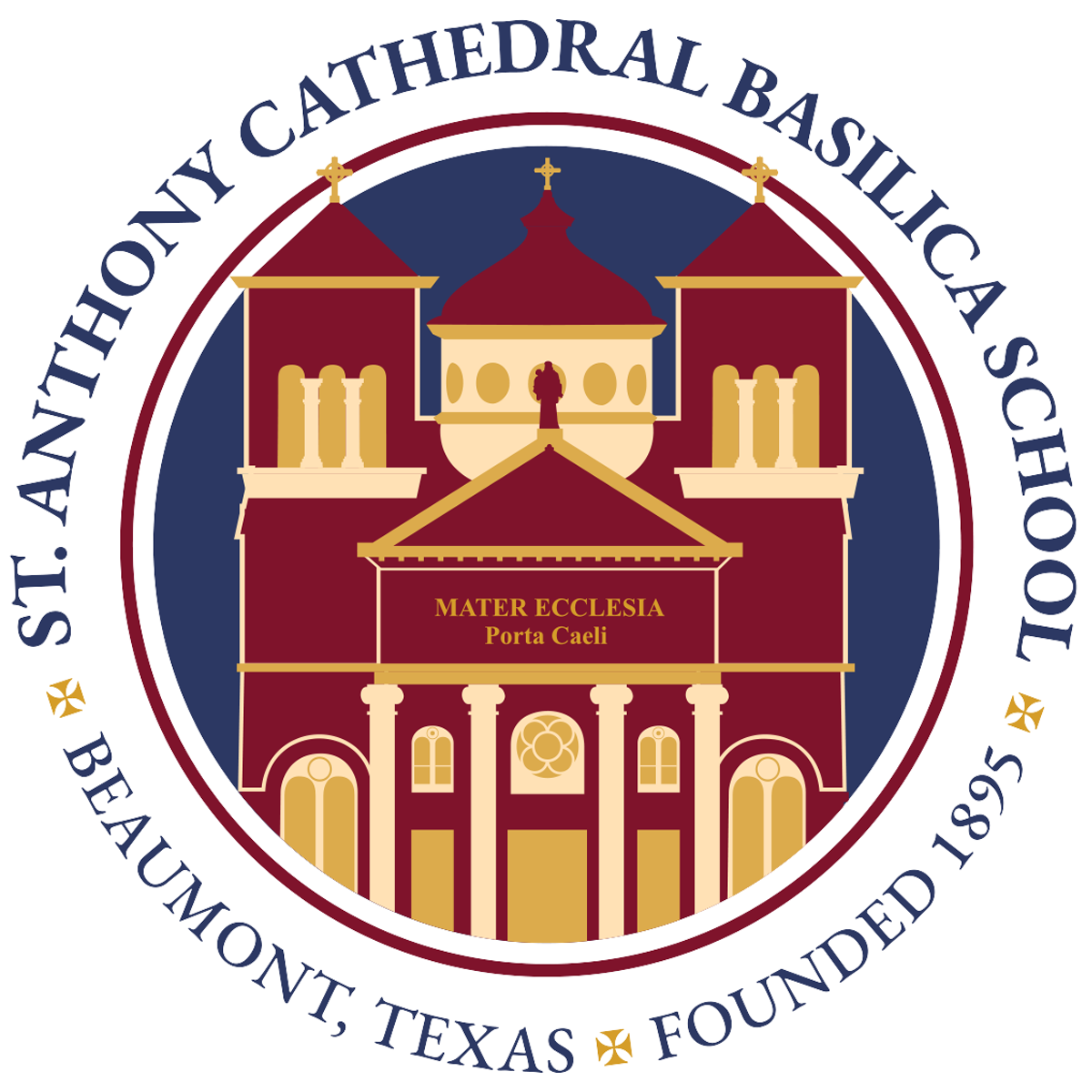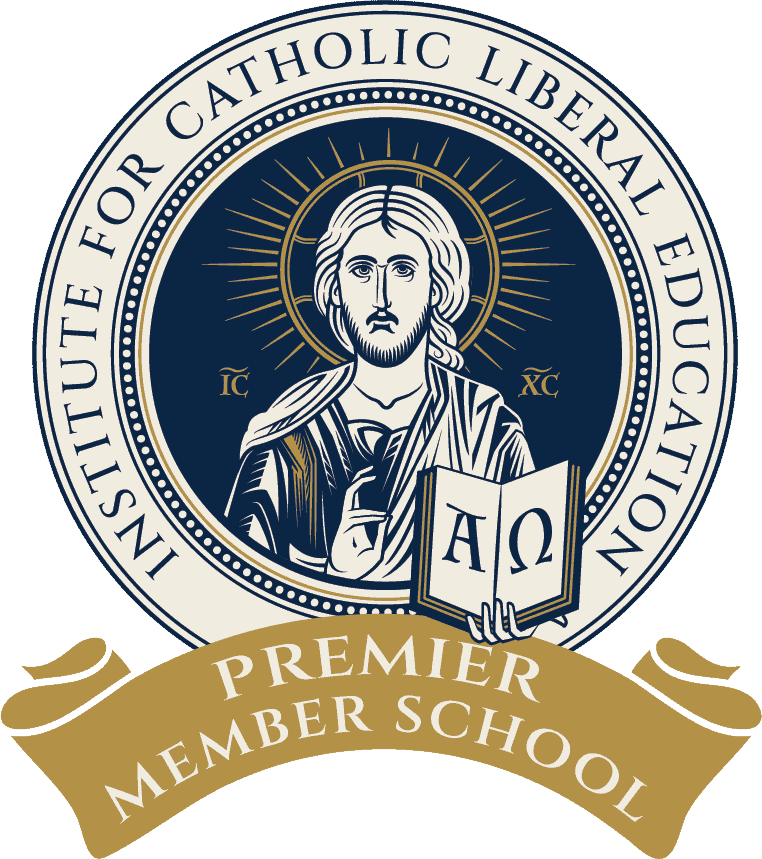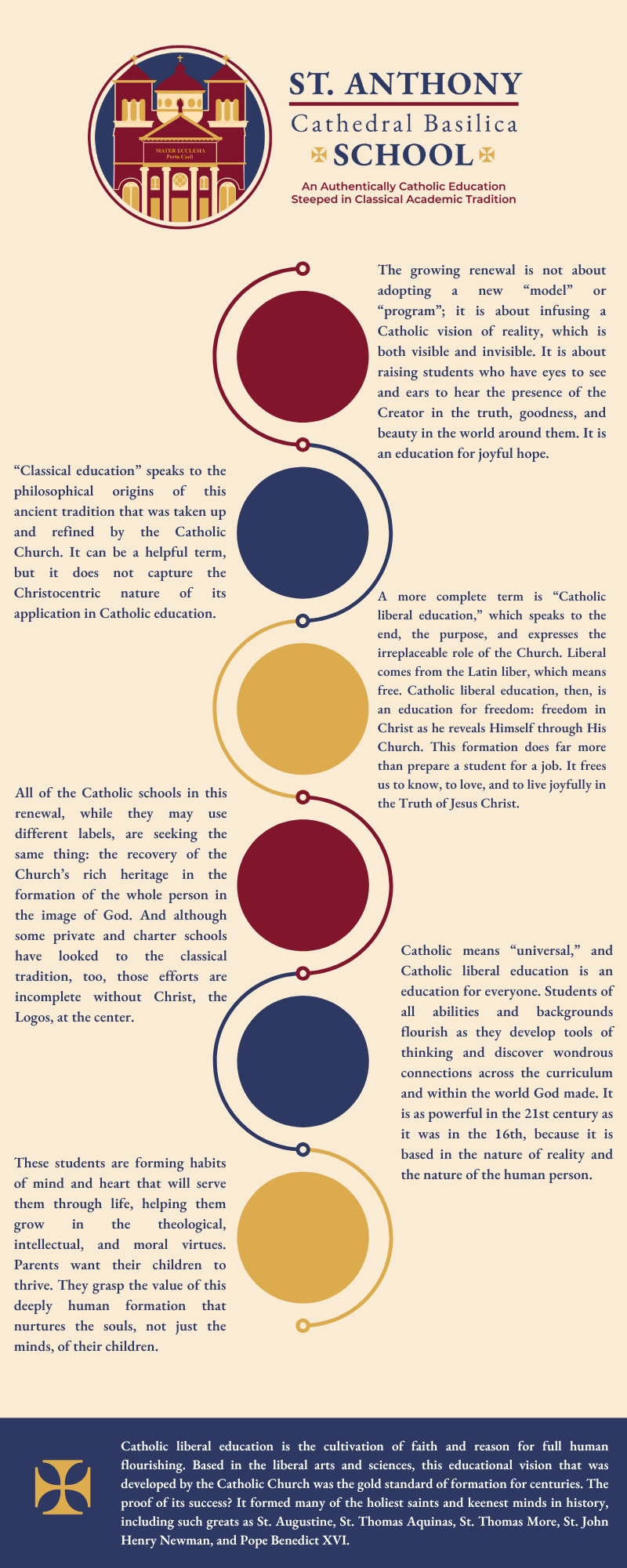Key Characteristics
Integration of Faith and Reason: Classical Catholic education seeks to harmonize faith and reason, recognizing that both are essential to understanding truth. This integration is vital for developing a comprehensive worldview that reflects the unity of all truth, as both faith and reason ultimately derive from God.
Focus on the Liberal Arts: The curriculum typically includes the study of the liberal arts, which encompasses grammar, logic, rhetoric, mathematics, music, geometry, and astronomy. These subjects are designed to cultivate critical thinking, effective communication, and a deep appreciation for beauty and truth.
Moral and Religious Formation: Education in this tradition does not separate intellectual development from moral and religious education. It emphasizes the importance of virtue and character formation, aiming to instill in students the values necessary for living a Christian life. This holistic approach ensures that knowledge is not merely academic but also transformative.
Historical Context and Cultural Heritage: Classical Catholic education places a strong emphasis on the historical context of knowledge, encouraging students to engage with the great works of Western civilization, including literature, philosophy, and theology. This engagement helps students understand their cultural heritage and the role of the Catholic Church in shaping it.
Development of the Whole Person: The goal of classical Catholic education is to form well-rounded individuals who are capable of critical thought, moral discernment, and a deep relationship with God. This formation is achieved through a curriculum that fosters intellectual curiosity, ethical reasoning, and spiritual growth.
Community and Interpersonal Relationships: The educational environment is characterized by a strong sense of community, where relationships among students, teachers, and families are nurtured. This communal aspect is essential for fostering a supportive atmosphere conducive to learning and personal development.



